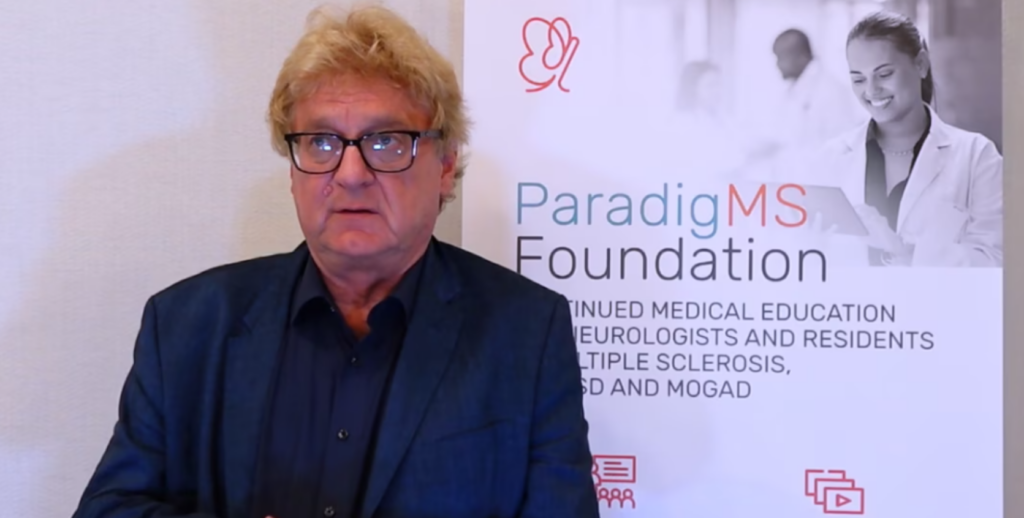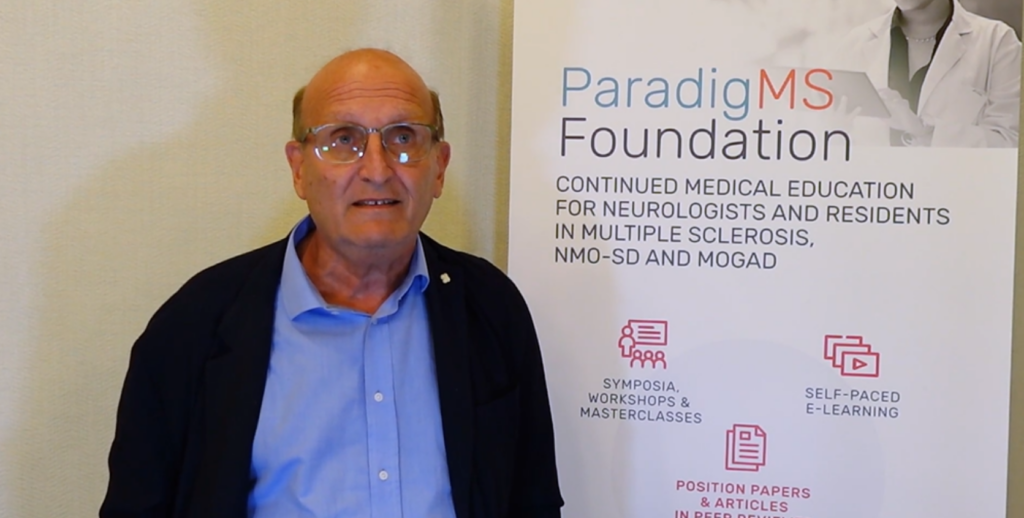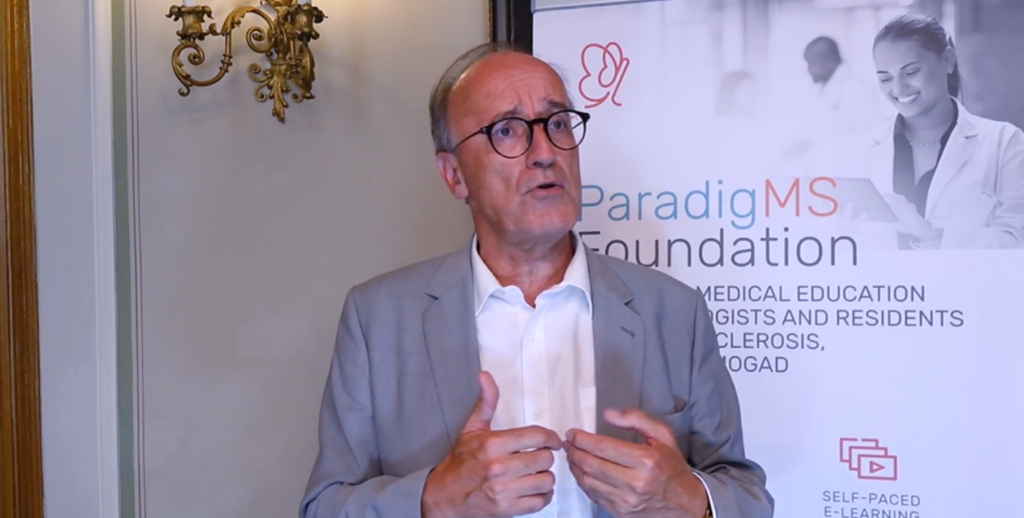Advancing MS Care: Expert Interviews on Treatment Gaps, Disease Progression, and Aging in Multiple Sclerosis

By ParadigMS Foundation
Discover fresh perspectives on critical aspects of multiple sclerosis (MS) care through three expert interviews. Professor Hartung addresses the unmet needs in MS treatment, stressing the importance of advancing therapeutic options; Professor Pozzilli delves into managing disease progression to enhance patient outcomes; and Professor Vermersch discusses the unique challenges of MS care in older adults, focusing on quality of life and individualized treatment approaches. These interviews offer essential insights for healthcare professionals dedicated to improving MS patient care.
– Unmet Needs in Multiple Sclerosis

In this insightful interview, Professor Hans-Peter Hartung discusses the critical unmet needs in multiple sclerosis (MS) treatment and care. Highlighting both clinical and quality-of-life perspectives, Professor Hartung delves into areas where advancements are needed to improve outcomes for MS patients. From emerging therapies to the importance of personalized care, he explores the steps necessary to address these ongoing challenges.
Key Insight: The advancement of treatment options to address diverse and unmet needs in MS care.
– Progression in Multiple Sclerosis

Professor Carlo Pozzilli delves into the topic of progression in multiple sclerosis (MS), exploring the complexities and challenges associated with managing disease advancement. He discusses the need for early identification of progression, the importance of individualized treatment approaches, and the latest strategies to help slow disease progression and improve patient quality of life.
Key Insight: Early identification and proactive management of disease progression to improve patient outcomes.
-Multiple Sclerosis in Older Age

Professor Patrick Vermersch discusses the unique challenges of managing multiple sclerosis (MS) in older adults. He addresses the importance of adapting treatment approaches for aging patients, considering the complexities that arise with age, and highlighting strategies for improving quality of life in this patient group. Professor Vermersch’s insights shed light on the evolving needs of older MS patients and the clinical approaches necessary to meet them.
Key Insight: Age-specific treatment approaches focused on balancing efficacy, safety, and quality of life in older MS patients.
Check back regularly for updates and further opportunities to enhance your clinical knowledge.
